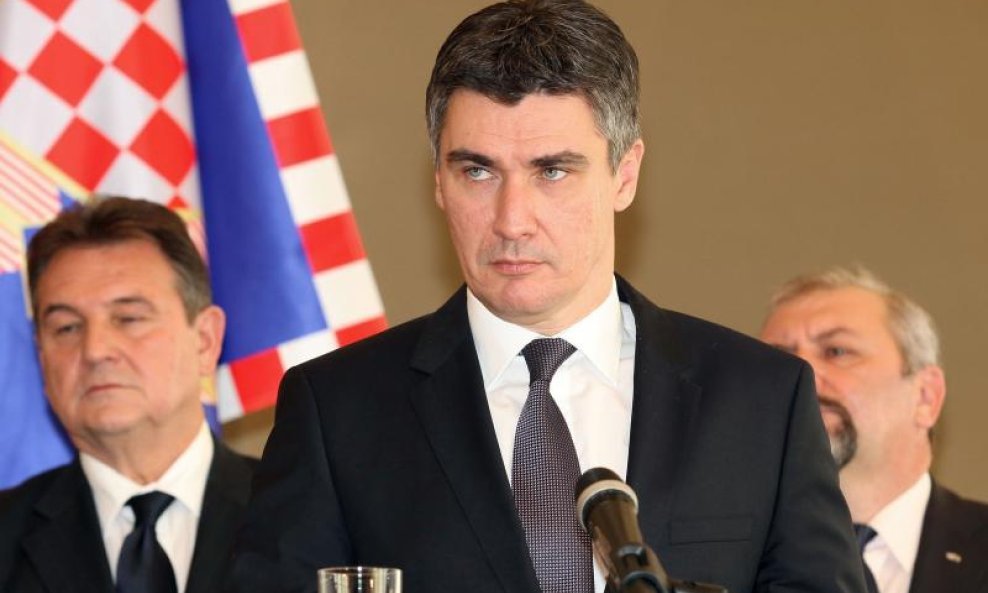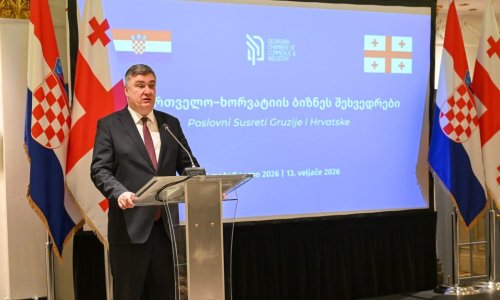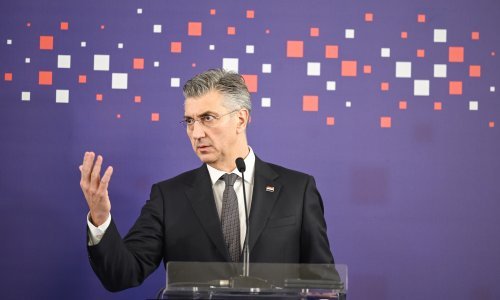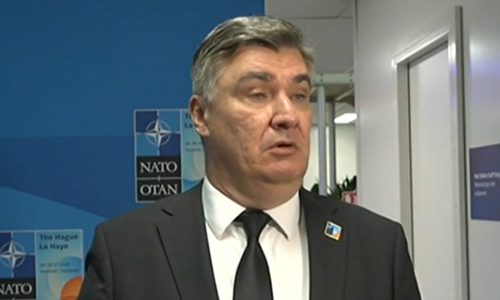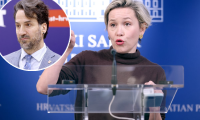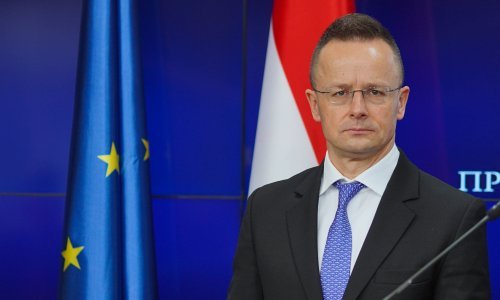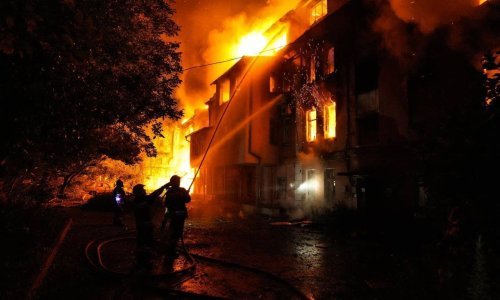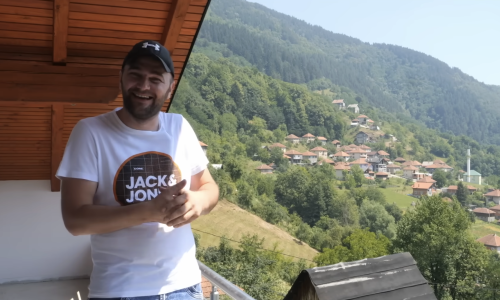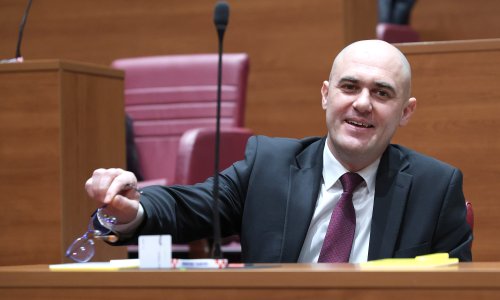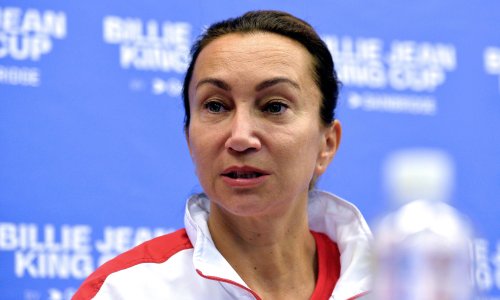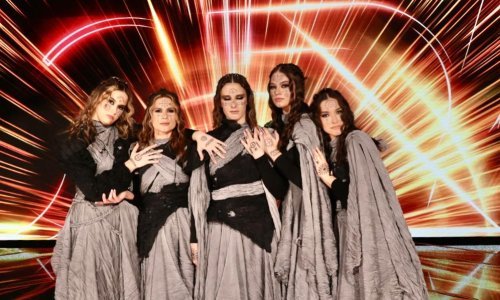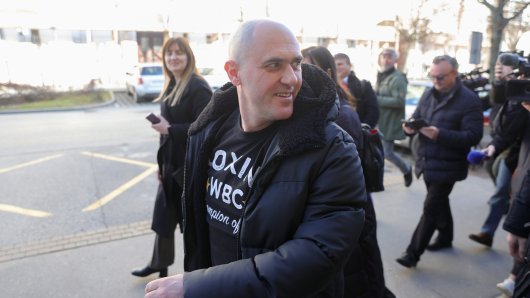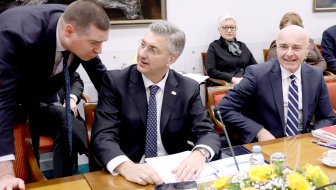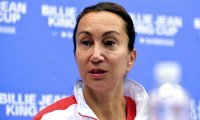After receiving from President Ivo Josipovic the mandate to form Croatia's new government on Wednesday, the president of the Social Democratic Party (SDP), Zoran Milanovic, said the new government faced a huge task of pulling Croatia out of the crisis.
"I thank you for the mandate, it is an obligation. We are in for a huge job, we must overcome the crisis and the only way to achieve it is through economic growth," the Prime Minister-designate said at a news conference after a 30-minute closed-door meeting with Josipovic.
The news conference was first addressed by Josipovic who said that Milanovic and the other three leaders of the Kukuriku coalition - Radimir Cacic of the Croatian People's Party, Ivan Jakovcic of the Istrian Democratic Party and Silvano Hrelja of the Croatian Pensioners Party - convinced him today that they hold a majority of seats in the parliament, based on which he gave Milanovic the mandate to form the government.
Josipovic recalled that within 30 days of receiving the mandate, the Prime Minister-designate was expected to present in parliament the members of his government and the government's programme and ask for the parliament's support. "I congratulate you on your election victory and wish you a lot of success in your work," Josipovic told Milanovic.
The president said that he would call the inaugural session of the parliament next week. "Whether it will be held on Tuesday or Thursday is not the most important thing. Preparing the session well is what is important, and the schedule will be agreed. Like the parliament session, the first government session will most definitely be held very, very soon," said Josipovic.
Thanking Josipovic for giving him the mandate to form the government, Milanovic said one of the first tasks awaiting the new government was to make order in the system of government in which he said citizens' trust had been compromised in recent years, so that Croatia could become a well-organised, stable state.
Milanovic said he was aware that politics was a conflict-prone profession with differing ideologies, views and interests, but that this fact did not lessen the need to agree on basic goals.
He went on to say that the government's first task would be to draft a budget for 2012 because the budget would show how serious and determined the government was. "The deadline (for drafting the budget) is the end of March, and our task is to do it even sooner. That is the first important message that we must send to Croatians and international financial institutions. The crisis is here, it is deep, the budget must be both social and development-oriented, and it will be difficult to achieve both."
Milanovic said that his government expected public support, that it would fight for it and explain its every move, adding that it was a fact that "we are in for a diet".
World Bank projections for Croatia, which are not favourable, should be taken seriously but also with some reservations "to avoid underestimating oneself and one's potential and wish for success."
"We saw before the outbreak of the crisis and shortly afterwards that growth projections from international institutions had been very unrealistic. Reality proved them wrong. They should be taken seriously and with respect, but not as something absolute. Croatia must put under control its public spending, make savings, but also be careful not to cut the live tissue and there where there's room for growth," Milanovic said.
A referendum on EU entry is awaiting Croatia as well, Milanovic said, announcing a proactive government policy aimed at motivating as many citizens as possible to go to the referendum and support Croatia's EU entry. "Everything has an alternative, including the EU, but there is no alternative to Croatia, and this issue concerns Croatian interests. That is how we see the referendum and that's how we will try to present it to citizens and voters."
He said that work on the make-up of the new government was nearing completion and that government members would be introduced to the parliament after the parliament was inaugurated next week. "We still have to see when that will happen. We want to be completely prepared for it. On the one hand, there is no need to rush it, but on the other, we don't have a lot of time," he said.
Asked if his coalition government would include the Independent Democratic Serb Party (SDSS), if that party would support the new government in parliament or whether neither of the two things would happen, Milanovic said his government would be glad to have the support of minority MPs because it would be good for Croatia and for the Croatian society. It is also especially important for the relationship between the majority Croat people and the Serb community in Croatia, said Milanovic.
"Our parties are civic parties and they and their slates included many members of ethnic minorities who opted for civic slates, as will the government. There is the other election model which we respect and we will gladly cooperate with people elected in line with that model," said Milanovic.
Reporters also wanted to know if one of the first tasks of the new government would be amendment of election legislation, including the Law on Permanent Residence, notably in light of cases of people voting at polling stations in Croatia even though they do not have permanent residence in Croatia, which happened again in the December 4 election.
Milanovic said that he understood the situation of the Croat people in Bosnia and Herzegovina but that voter registers must be put in order.
"There are ways of helping the Croats in Bosnia and Herzegovina, and that issue is as important to us as it was to the outgoing government, maybe even more," said Milanovic, agreeing with Josipovic's assessment that the existing election legislation is outdated.
As for voter registers, Milanovic said that the current situation with the number of voters exceeding the number of people of age was not normal. "There must be order in voter registers and we will have to make order in all counties and constituencies because it is obvious that in some constituencies voter lists reflect the actual population while in others they don't."
When asked which country he would visit first as Prime Minister, Milanovic said the government's first task was to make order in the country and create conditions for economic growth and employment, and that his first contacts could therefore be with countries where incentives and investments could come from.
"This government will to a large extent be oriented to foreign trade," said Milanovic.
The government is also aware that its regional environment is still not stable in terms of security and economy, Milanovic said, adding that it would treat as a national interest the position of Croats in Bosnia and Herzegovina, which he said was still not a functioning state 16 years after the Dayton peace agreement was signed.
As for Serbia, Milanovic said the government would focus on the interests of business and trade, and he also mentioned Slovenia in the context of regional cooperation.
Asked to comment on the fact that the European Commission had still not presented lists of experts on international law who would make up an arbitral tribunal to decide on the Croatian-Slovenian border dispute, Milanovic said that as an MP he had warned about the parts of the agreement that were not adequately defined, such as criteria and deadlines for the selection of arbitrators.
There is still no such list and two years have passed since the signing of the agreement on resolving the border dispute through international arbitration, Milanovic said.
"I see that our colleagues in Slovenia, too, are interested in this issue. I believe that it is important to stick from the start to the provisions of the agreement so that we could accept the final ruling as civilised countries," he said.



